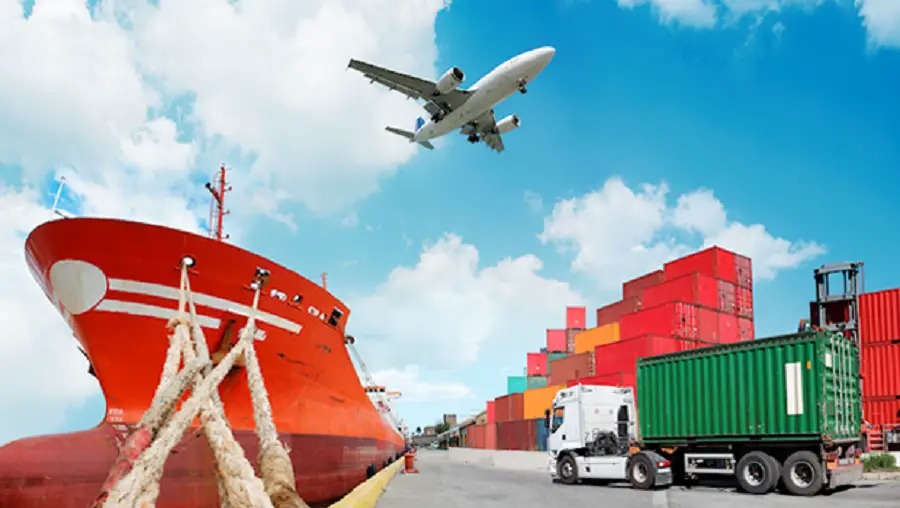The UK government is set to introduce new measures to combat the exploitation of foreign workers, with tougher penalties for employers who break visa rules or fail to meet minimum wage standards.
The proposed Employment Rights Bill, currently under discussion in Parliament, aims to hold employers accountable and curb unethical practices, particularly in sectors that rely heavily on migrant labor, such as health and social care.
Tougher penalties for rule-breaking employers
TravelBiz reports that the UK government is planning to impose stricter penalties on employers who violate visa and wage laws.
The new Employment Rights Bill proposes to double the period during which employers can be sanctioned for serious breaches.
Currently, employers who fail to comply with minimum wage laws or repeatedly break visa rules face a one-year restriction on hiring foreign workers. Under the new measures, this period will be extended to two years, making it harder for non-compliant businesses to hire from overseas.
Stronger enforcement and action plans
The reforms will also introduce more robust enforcement measures. The government plans to introduce action plans for businesses found to have violated visa rules. These plans will require companies to make improvements within one year, a significant increase from the previous three-month period.
During this time, businesses will be restricted from hiring international workers, increasing the pressure on companies to comply with regulations.
Focus on the care sector
Reports inform that the UK government is particularly concerned with sectors where workers are most at risk of exploitation, such as health and social care.
- Many migrant workers in these sectors have been vulnerable to unethical practices, such as being forced to pay for their visa sponsorship or being underpaid.
- The Home Office has revoked 450 sponsor licenses in the care sector since July 2022, as part of efforts to crack down on exploitation.
- The government is also working to support care workers who are affected by these changes, helping them transition to new jobs when their employers lose their sponsorship licenses.
The government’s commitment to protecting workers
Migration Minister Seema Malhotra emphasized the government’s commitment to protecting migrant workers from exploitation.
“Worker exploitation is completely unacceptable,” Malhotra said, stressing that businesses that shift the costs of visa sponsorship onto employees or engage in other exploitative practices would face serious consequences.
Health Minister Stephen Kinnock echoed this view, underscoring the importance of safeguarding migrant workers in the care sector and ensuring they are not subjected to abuse.
Plans for future expansion of rule changes
While the initial focus of these reforms will be on skilled worker visas, including those for care workers, reports inform that the government plans to extend these rules to other visa categories in the future. The aim is to ensure that all foreign workers are treated fairly and are not subjected to exploitation by employers who break the law.
Key requirements for employers
It is stressed that employers must comply with several key requirements to avoid facing penalties under the new regulations.
- These include paying for all costs associated with visa sponsorship, ensuring workers are paid at least the minimum wage, and adhering to all immigration rules.
- Businesses that fail to meet these standards may face up to two years of sanctions and be banned from hiring overseas workers.
- The UK government’s focus is on protecting vulnerable migrant workers, especially those in high-risk sectors such as health and social care.
- By introducing these stricter measures, the government aims to reduce exploitation and ensure that the immigration system is fair and accountable for both workers and employers.








